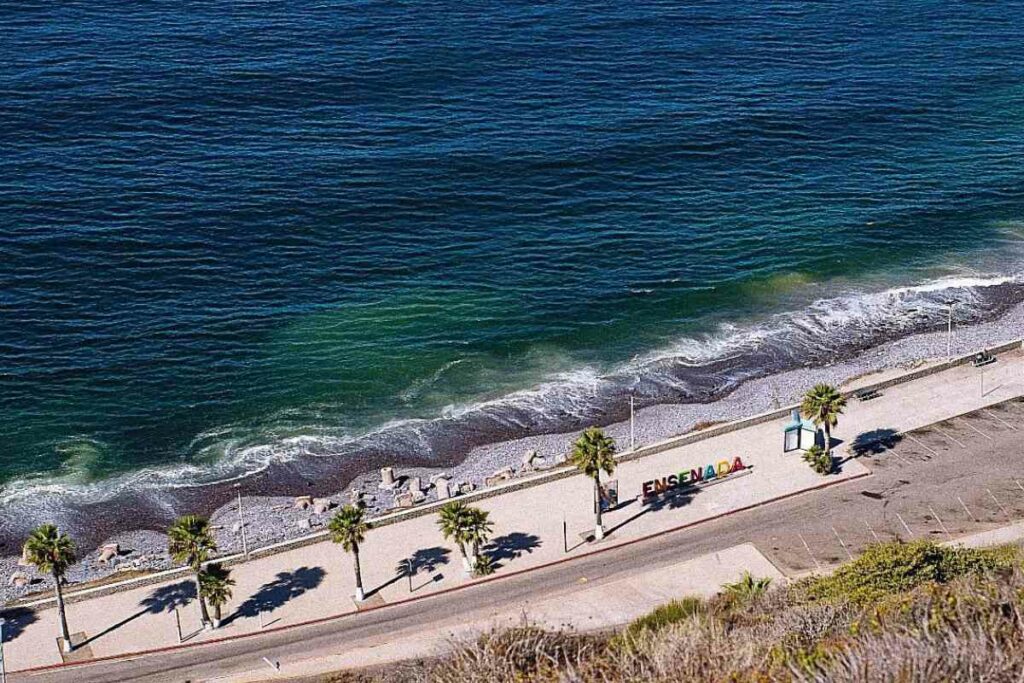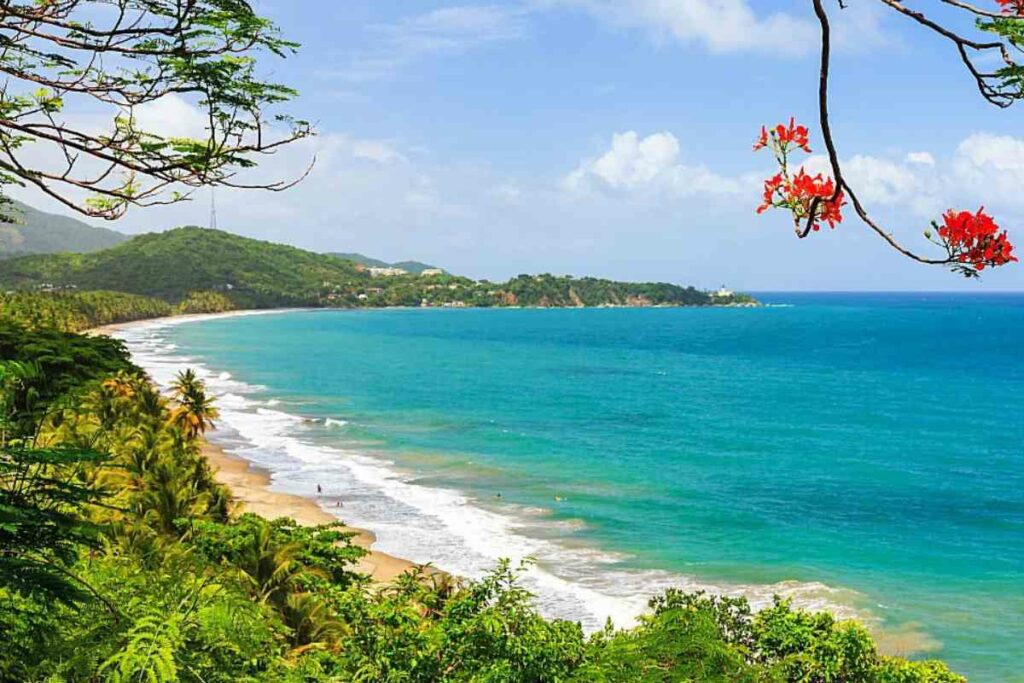Daytona Beach, a sun-soaked paradise on Florida’s Atlantic coast, has long been a favorite destination for beach lovers and water enthusiasts.
With its wide stretches of sandy shores and the sparkling waters of the Atlantic Ocean, it’s a haven for those seeking fun in the sun.
If you’re planning a visit to this idyllic location, you might be wondering, “Can you swim in the ocean at Daytona Beach?”
Let’s take a look and explore the coastal delights that Daytona Beach has to offer.
Discover Daytona Beach

Known for its energetic atmosphere, spectacular sunrises, and rich motorsport heritage, Daytona Beach is a Florida gem with a charming mix of relaxation and excitement.
Motorsport lovers, sunbathers and water sports enthusiasts will all find something here.
Swimming in the Atlantic Waters
Daytona Beach is renowned for its wide and gently sloping shoreline. This makes it an excellent spot for swimming in the ocean.
There are a few things that swimmers and bathers must consider:
Read next – Why Is Daytona Beach So Famous?
Beach Safety Tips
Even the strongest and most experienced of swimmers should familiarize themselves with safety ‘rules’ when it comes to beach swimming:
- Always swim near lifeguard stations.
- Stay within your depth.
- Don’t swim by yourself, especially if you’re not a strong, confident swimmer.
- Listen to any warnings or advisories from the lifeguards.

Water Sports and Activities
If ocean swimming is a bit tame for you, Daytona Beach has a range of other things that thrill-seekers can try.
Take a look
Do you need to be able to swim when doing water sports at Daytona Beach?
When participating in water sports, knowing how to swim isn’t always a strict requirement. However, having basic swimming skills is certainly advisable for safety reasons.
While some water sports activities like paddle boarding and kayaking can be done in shallow waters or calm conditions, others like surfing, jet skiing and parasailing typically take place further from the shore and in deeper water.
Life jackets are provided, but being able to swim is certainly recommended.
Things to bear in mind:
Read later – Best Party Beaches in Florida
Regardless of your swimming ability, you must always follow the safety guidelines and listen to the instructors or guides.
Wearing appropriate safety gear for the water sport is essential too. You should be mindful to check local advisories, beach flag warnings and the weather conditions before you start a water sport.
Likewise, check that your travel insurance covers the sport you want to take part in. Some policies don’t automatically cover things like hiring a jet ski or going paragliding.
Final Thoughts on Swimming at Daytona Beach
So, can you swim in the ocean at Daytona Beach? Absolutely! Daytona Beach’s inviting waters offer a safe and enjoyable swimming experience for visitors of all ages.
For leisurely swimmers or water sports enthusiasts, Daytona Beach promises an unforgettable coastal getaway. Now it’s time to book your flights, get the essentials pack and head on your way!
- Counting Down the Best Beaches in Ensenada
- Best Party Beaches in Florida – 13 Best Beach Destinations
- 6 Best Beaches In Kona for Swimming You Should Consider
- 4 Best Beaches In Holbox, Mexico (The Perfect Beach Getaway)
- 4 Best Beaches In Jalisco (Life’s Better at the Beach)
- The 5 Best Beaches In Rincon That Stole Our Hearts









